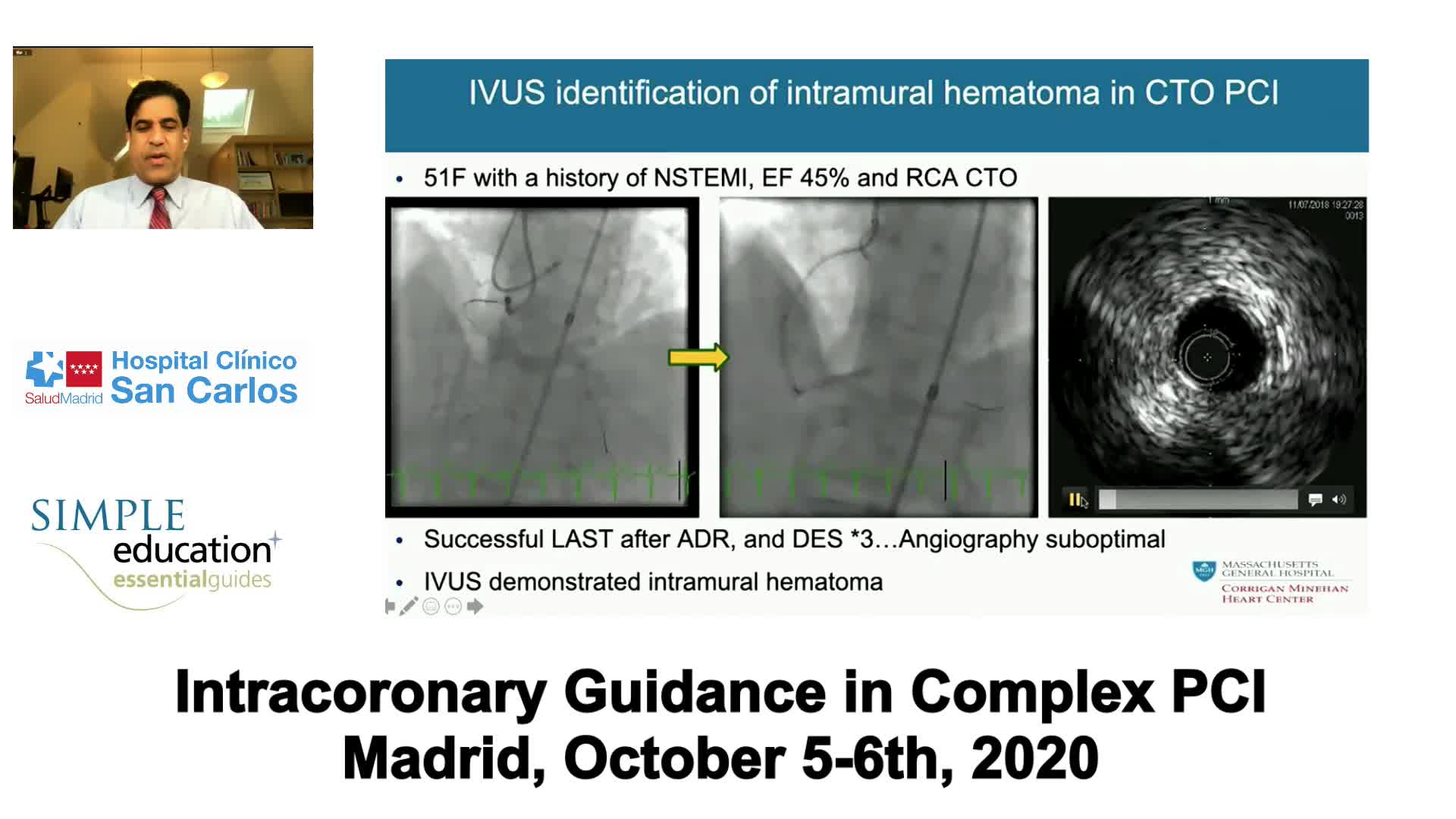- Stents
- Intravascular Ultrasound (IVUS)
- Coronary Optical Coherence Tomography (OCT)
- Coronary Intervention: Outcome
- Coronary Intervention: Devices
Size matters - Stent sizing
Optimizing PCI (O-PCI) is a series of educational meetings dedicated to helping cardiologists optimize decision-making in interventional cardiac procedures using state-of-the-art intravascular...
Optimizing PCI (O-PCI) is a series of educational meetings dedicated to helping cardiologists optimize decision-making in interventional cardiac procedures using state-of-the-art intravascular imaging and physiology technologies. Our renowned international faculty is committed to help cardiologists master interpretation of invasive diagnostic devices and treat with precision, thus securing optimal outcomes for patients.
Speakers
Dr. Farouc Jaffer graduated from Stanford University in 1990 with a B.S. in Mathematical and... Dr. Farouc Jaffer graduated from Stanford University in 1990 with a B.S. in Mathematical and Computational Sciences, and received in MD and PhD in Biophysics from the University of Pennsylvania of Medicine in 1996. He completed a residency in internal medicine at the Brigham and Women's Hospital, followed by a fellowship in cardiovascular medicine and interventional cardiology at Massachusetts General Hospital. In 2003, he joined the Cardiology Division as faculty. Dr. Jaffer is currently an Associate Professor of Medicine at Harvard Medical School and an Attending Interventional Cardiologist at Massachusetts General Hospital. He is Director of Coronary Intervention and Director of the Chronic Total Occlusion (CTO) PCI Program at at Massachusetts General Hospital. The MGH is a leading center for treating the most complex coronary blockages, such as CTO. Many patients, previously without options, have successfully underwent CTO PCI, and have experienced marked reductions in angina (chest pain) and shortness of breath. Dr. Jaffer is also a Principal Investigator in the MGH Cardiovascular Research Center where his NIH-funded laboratory develops novel molecular imaging approaches to image high-risk plaques and blood clots, to better prevent heart attacks, strokes, and venous blood clots.




